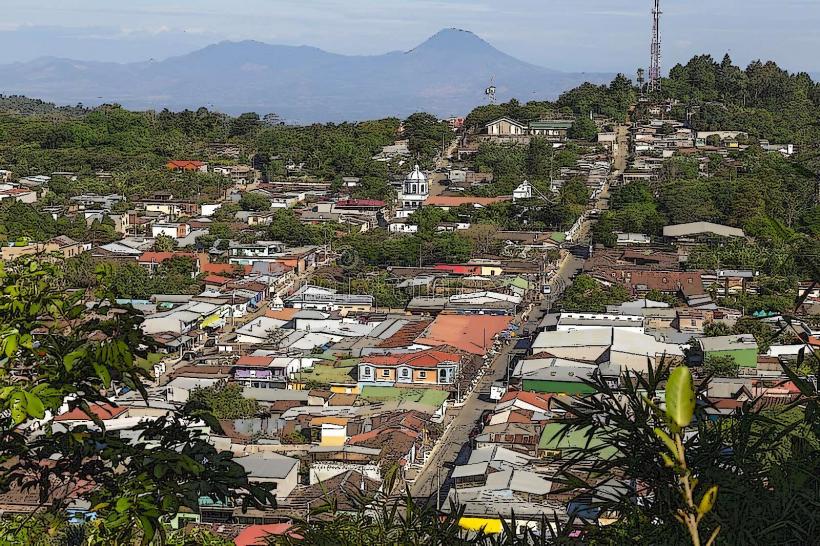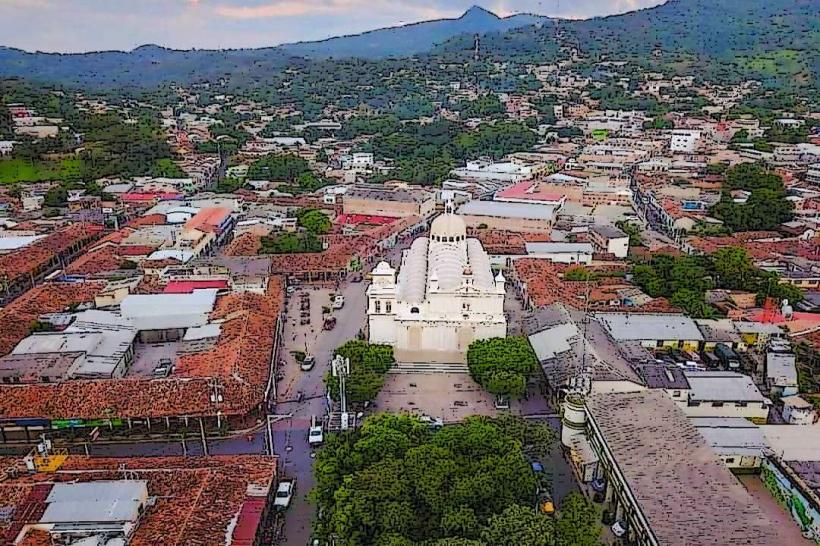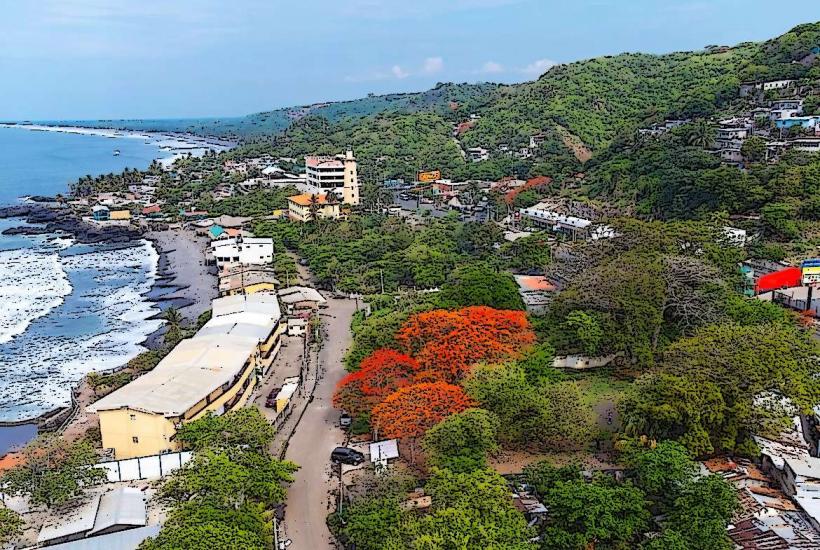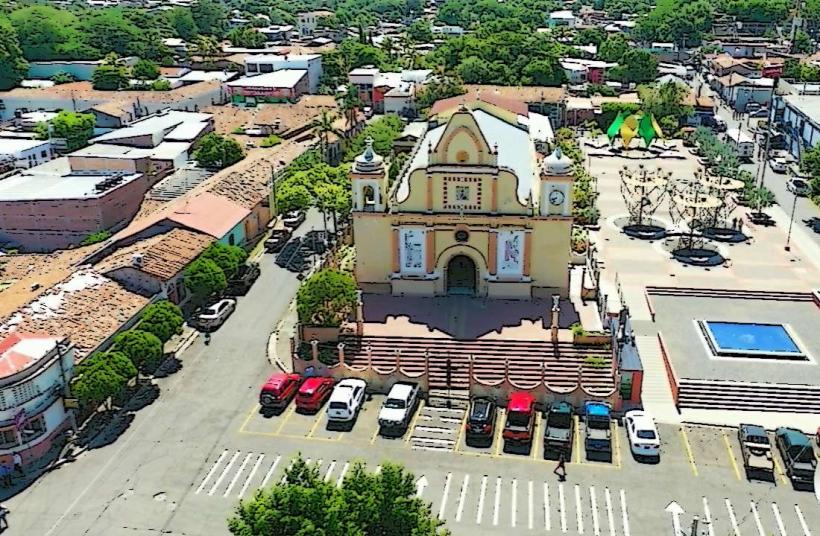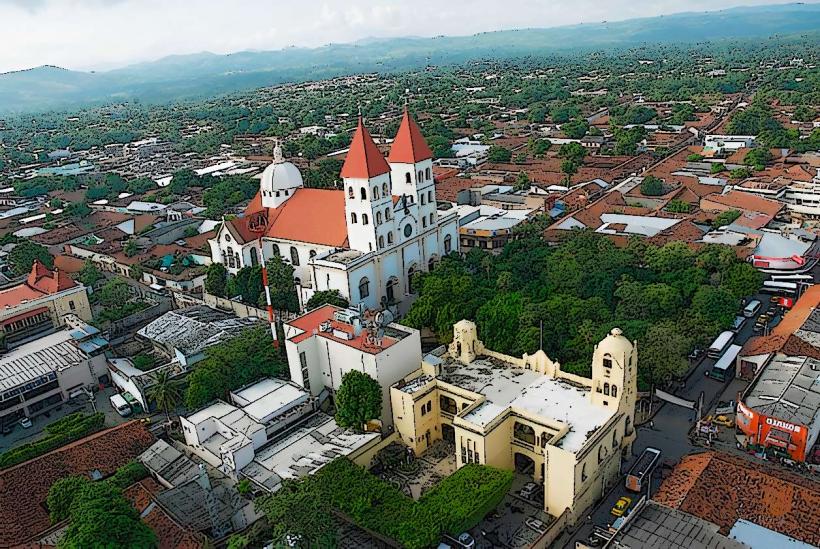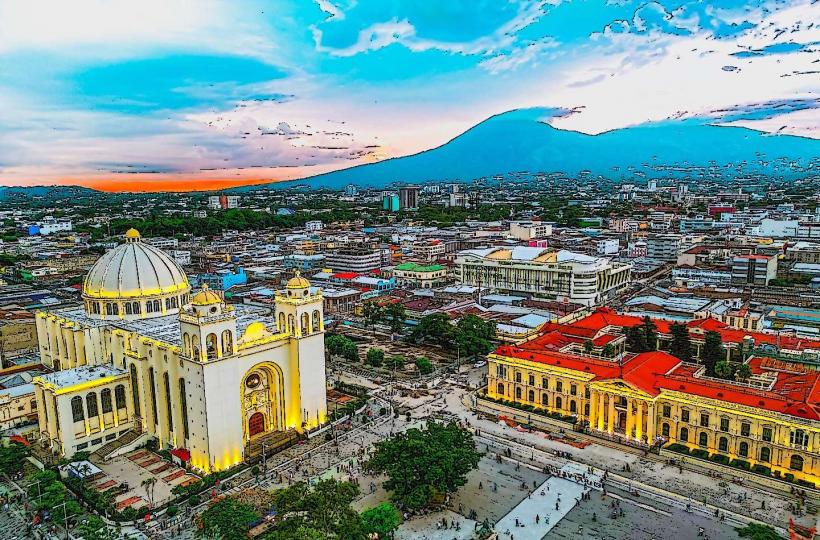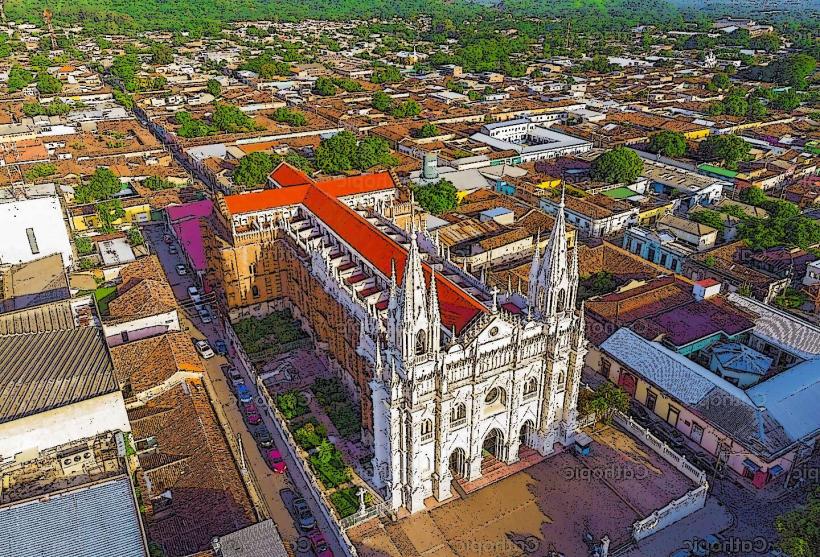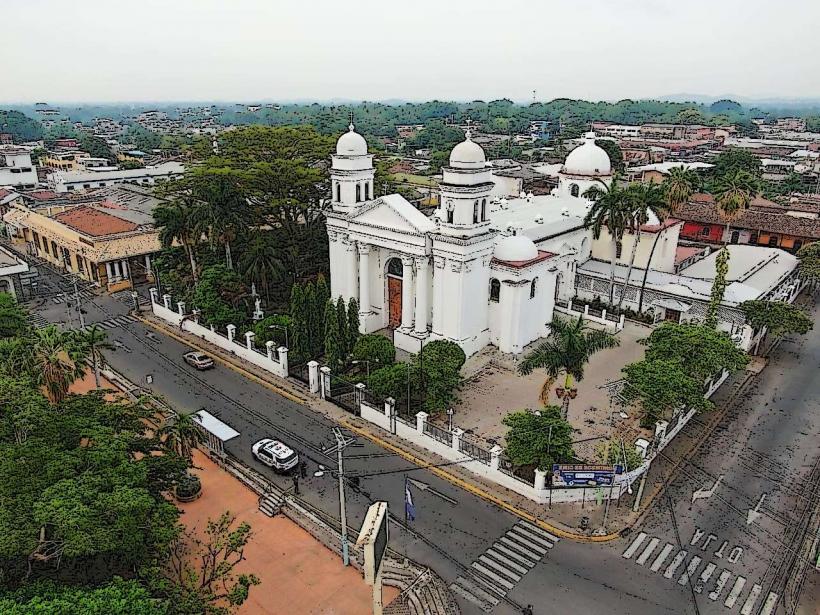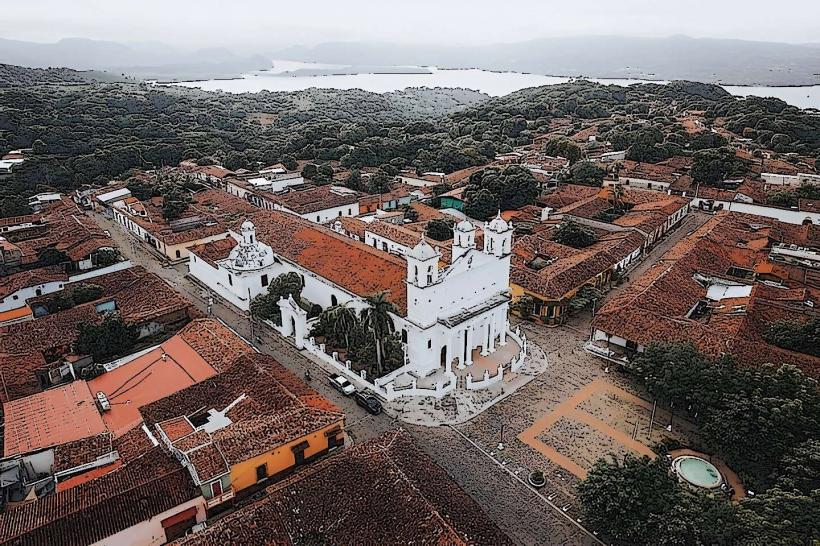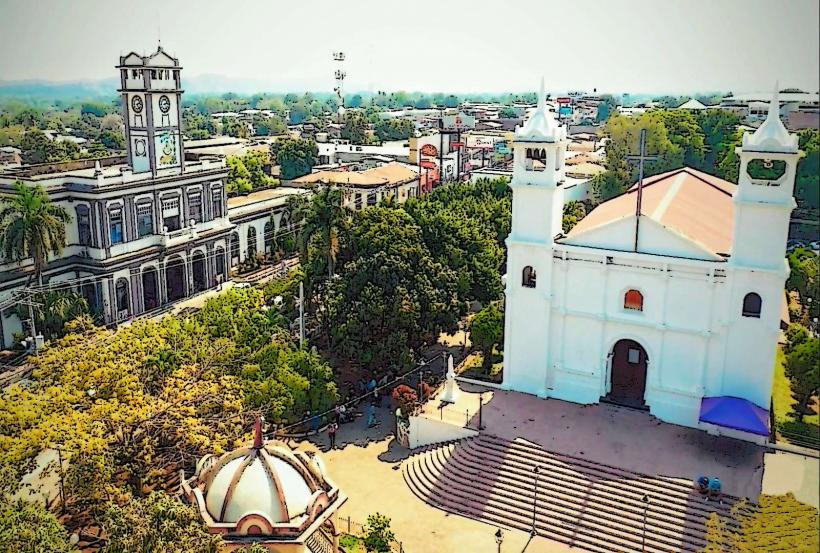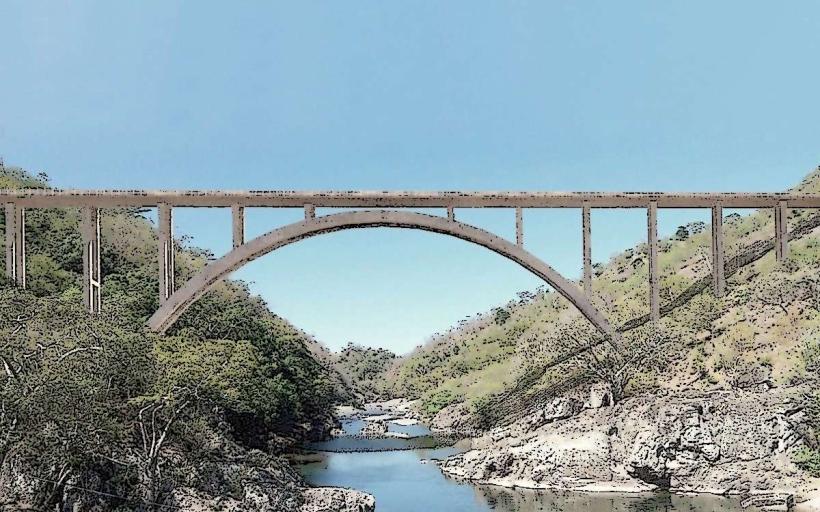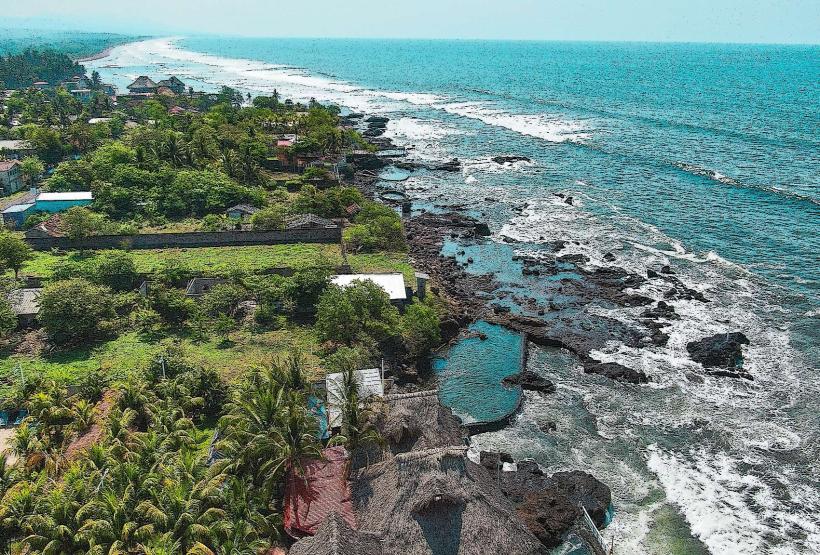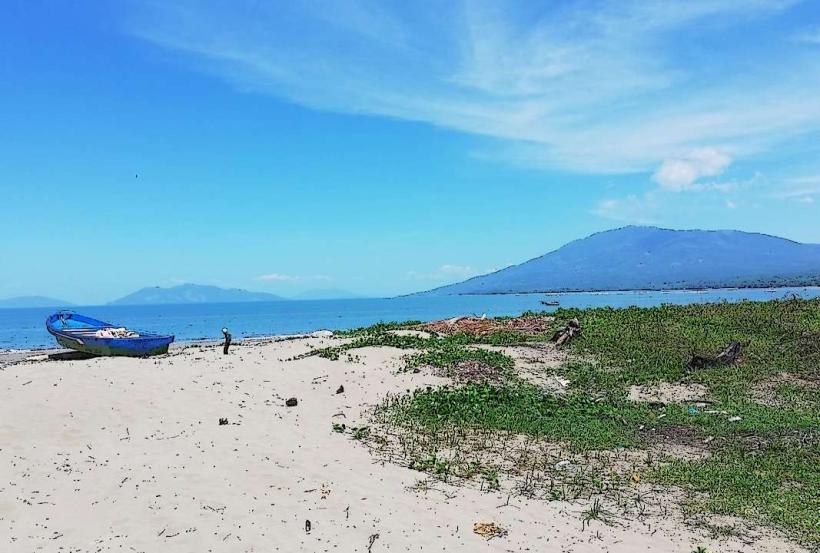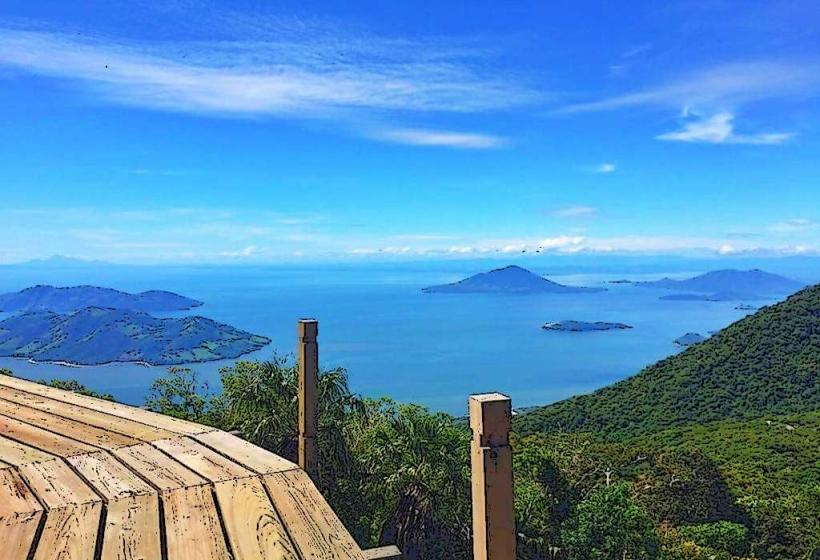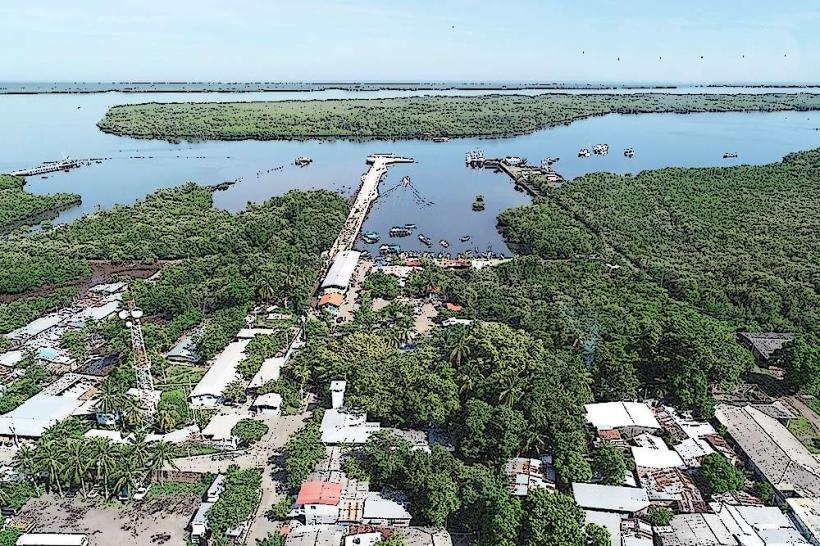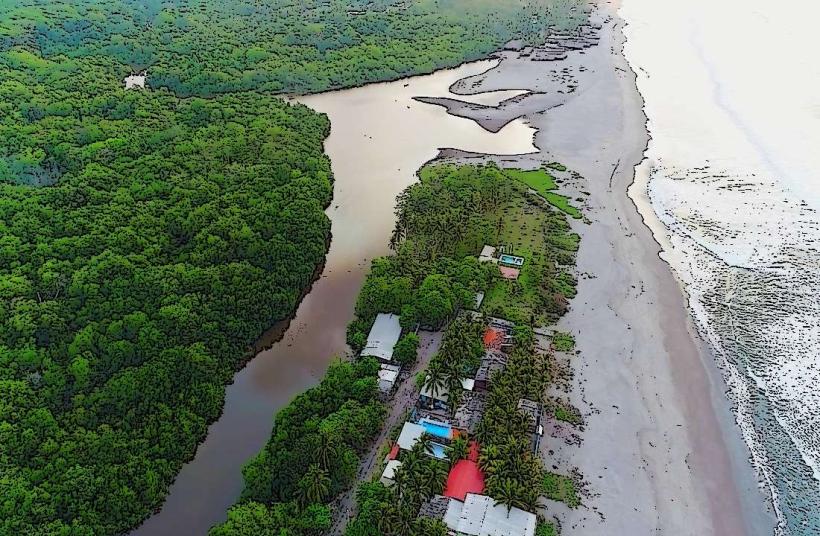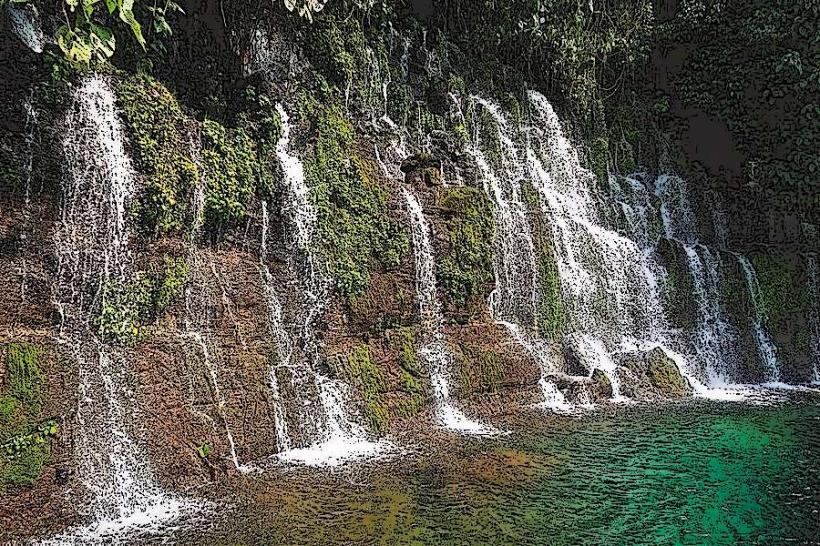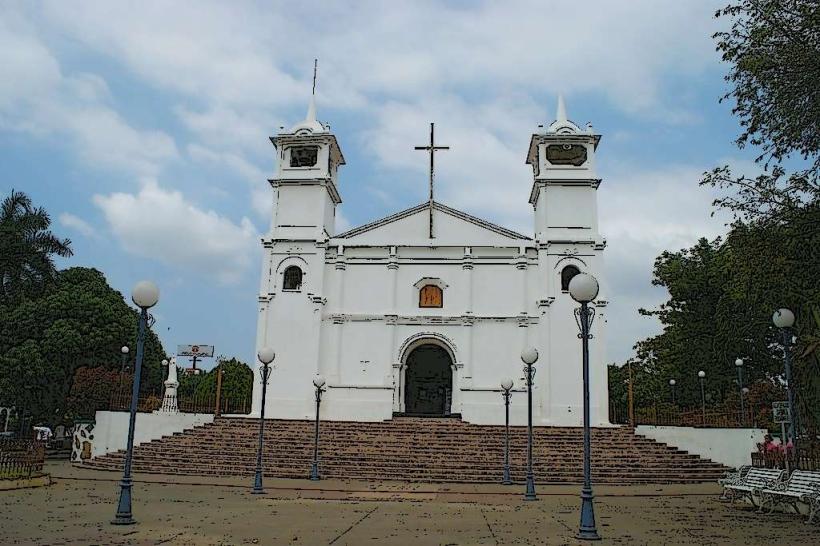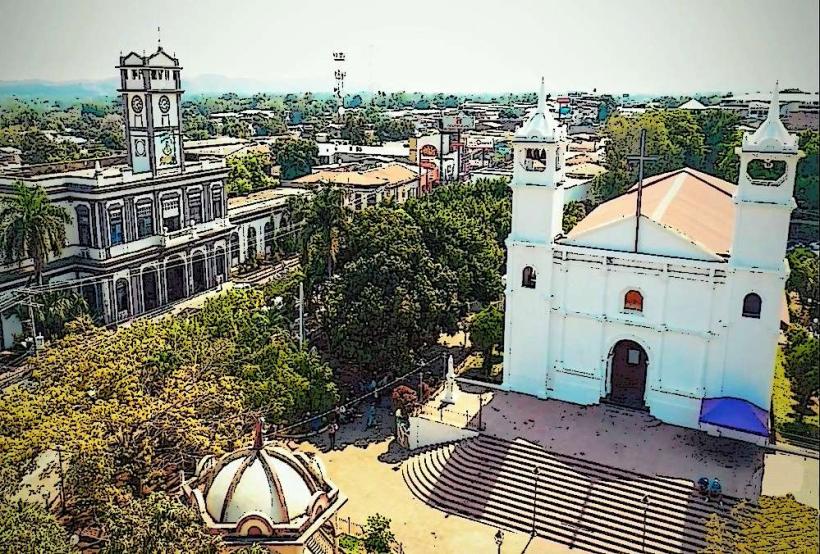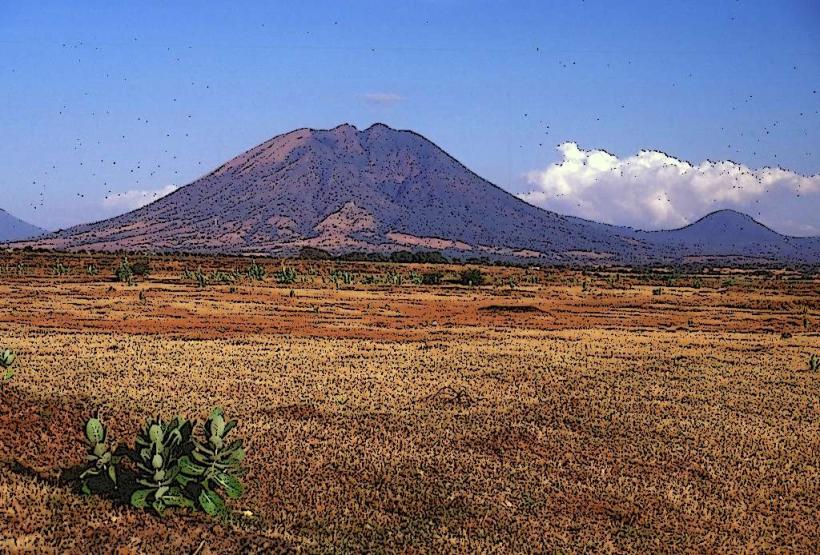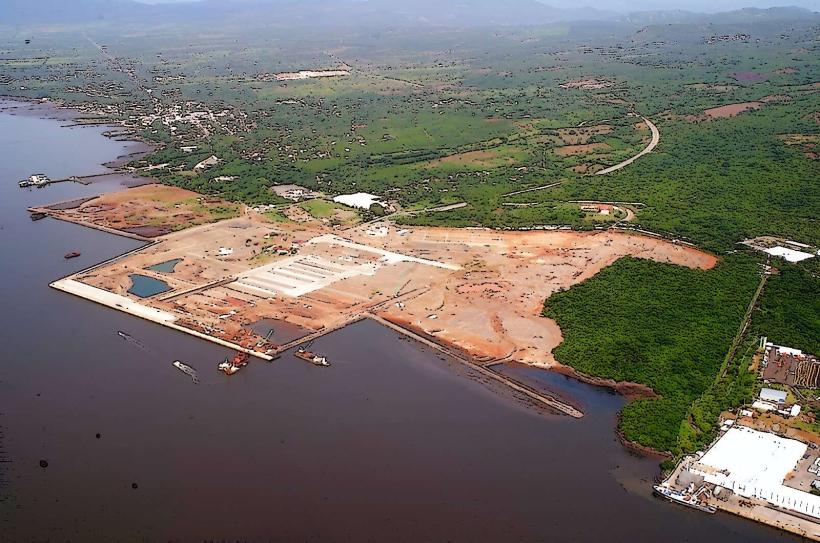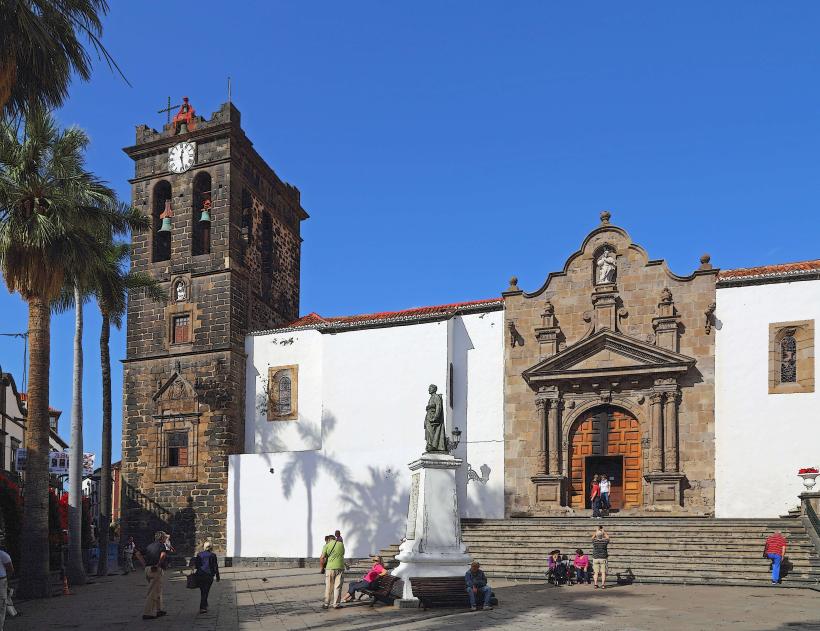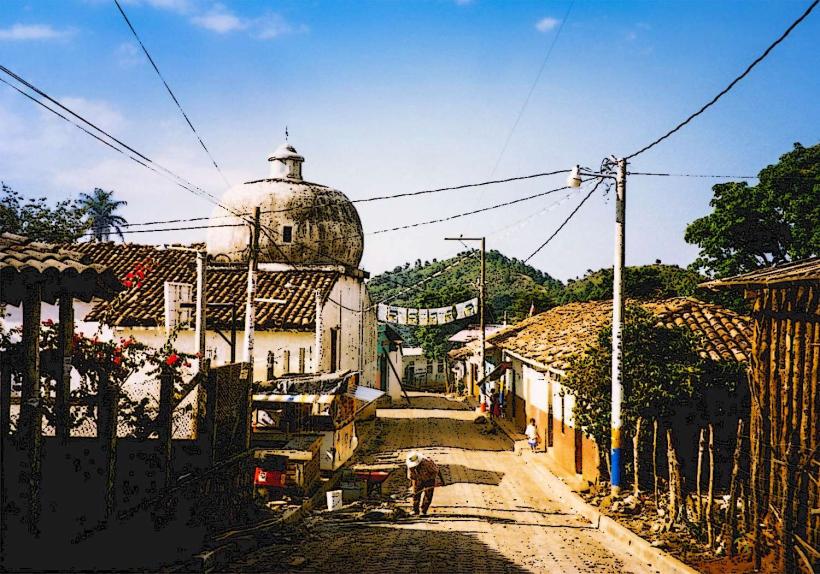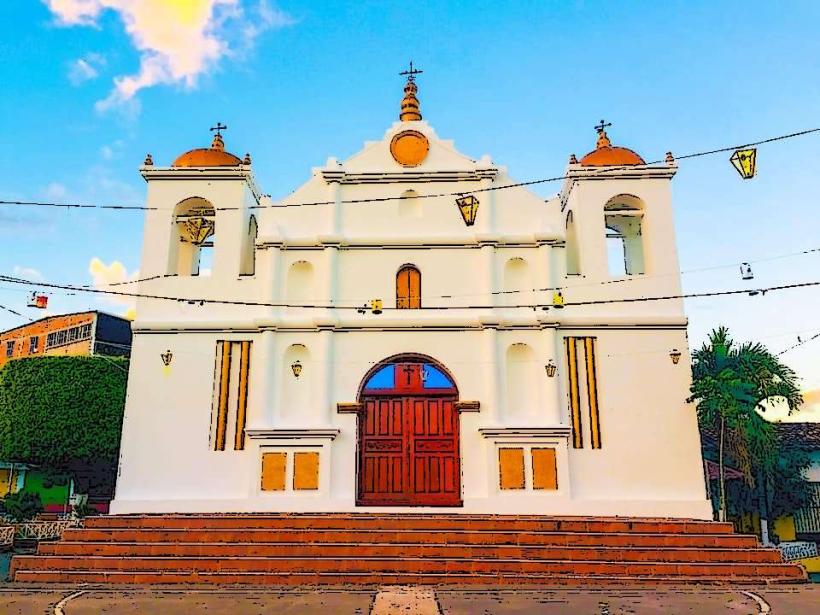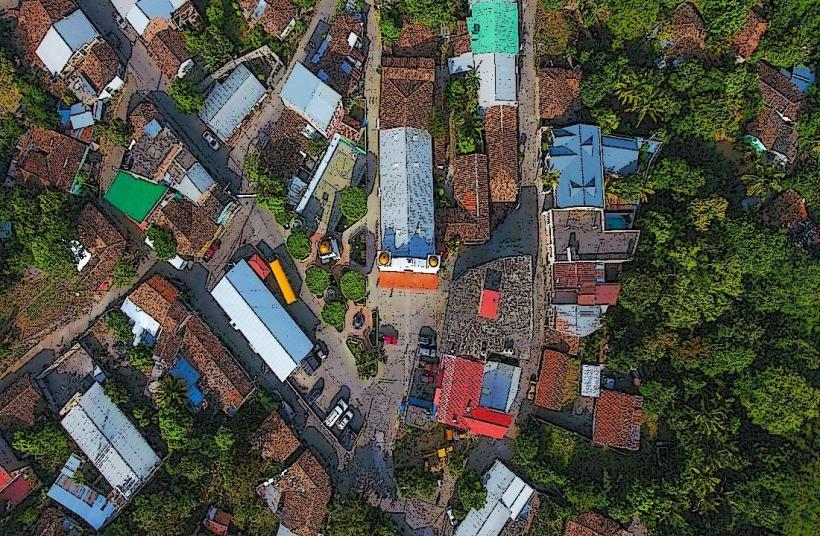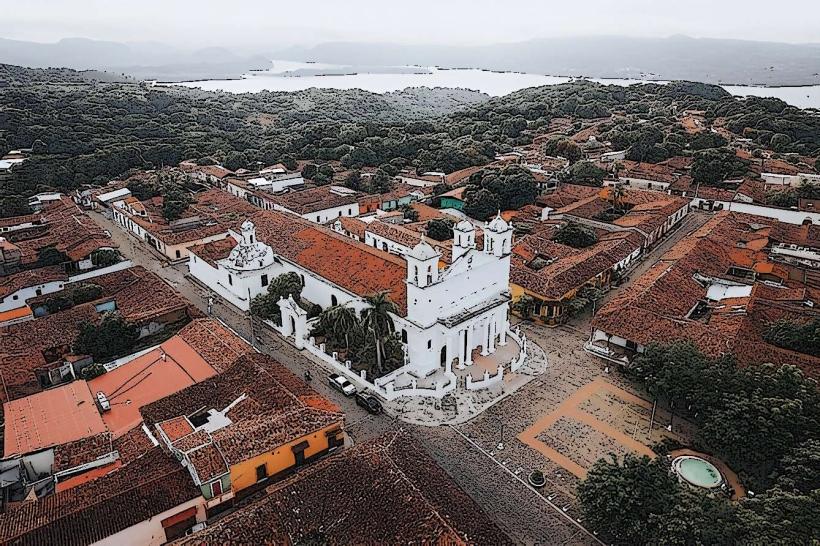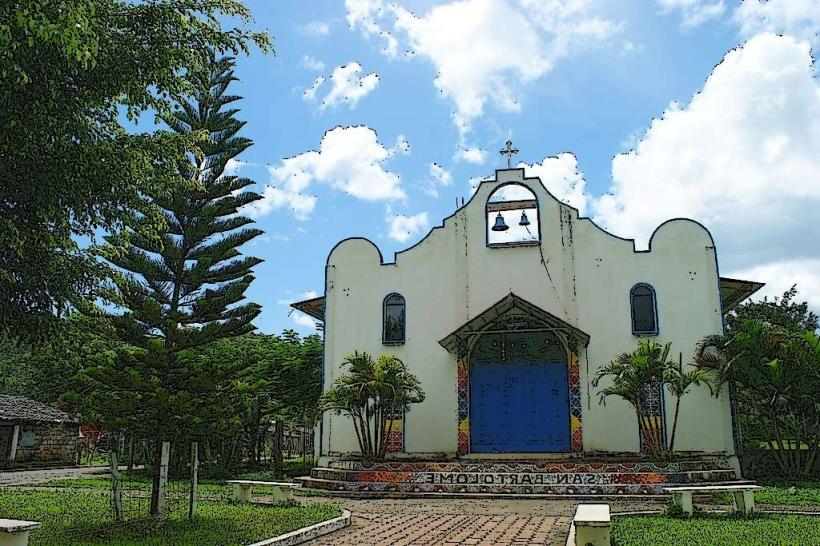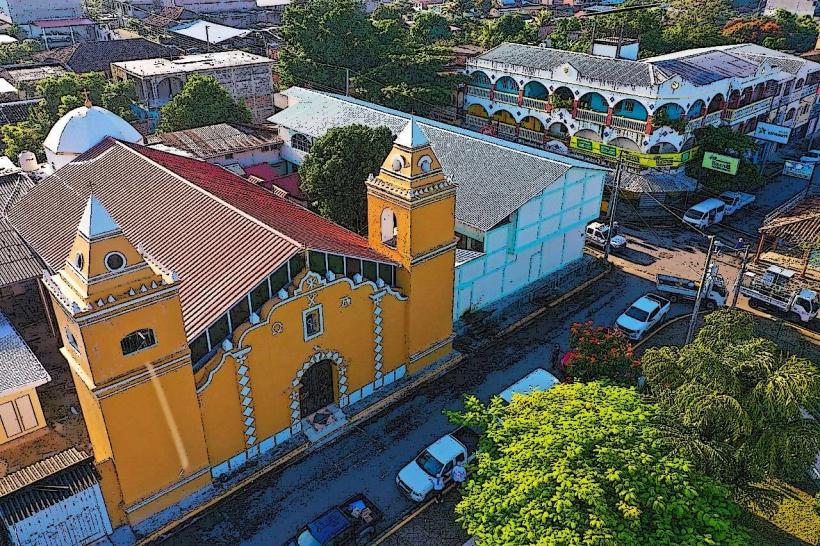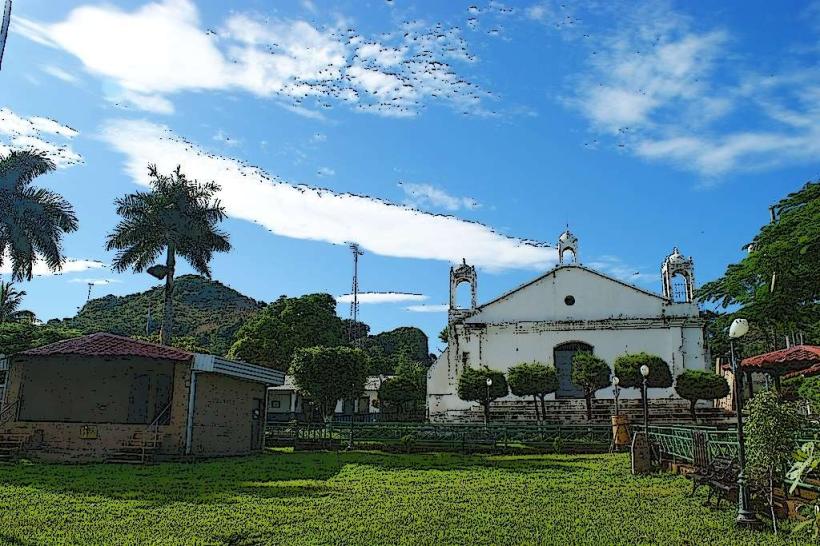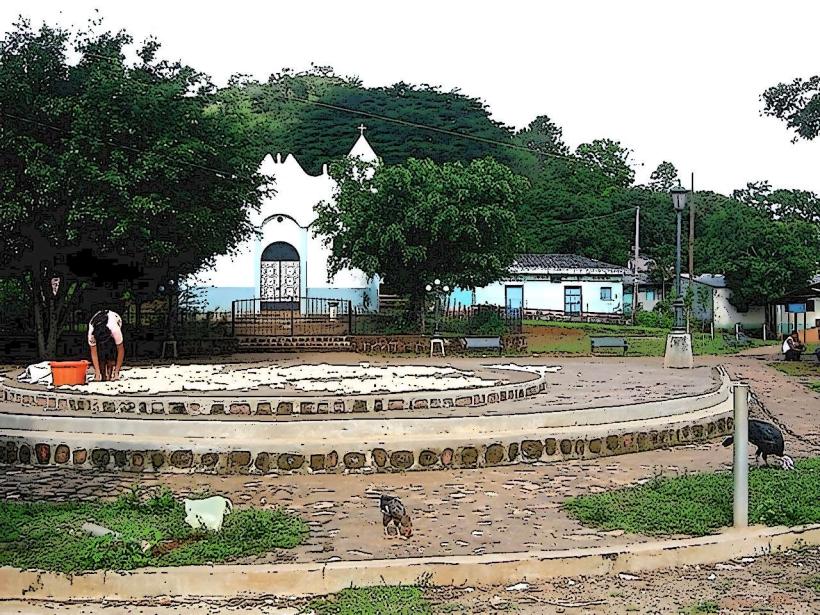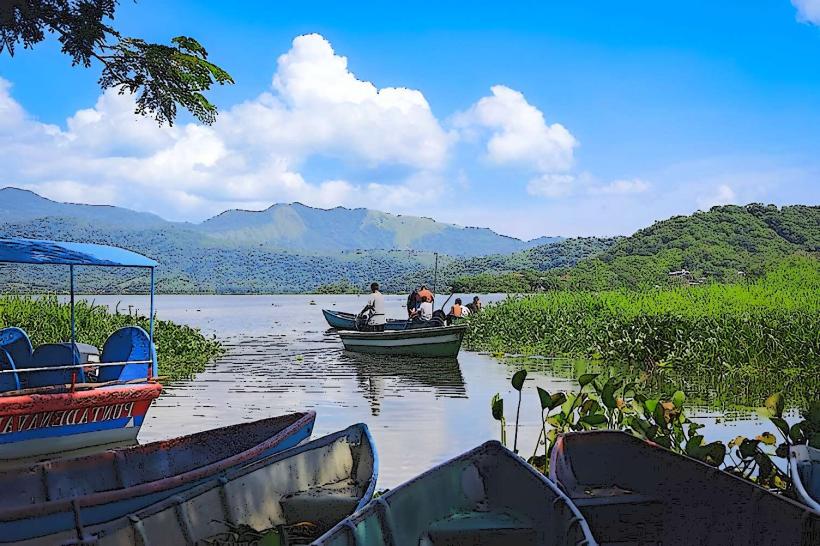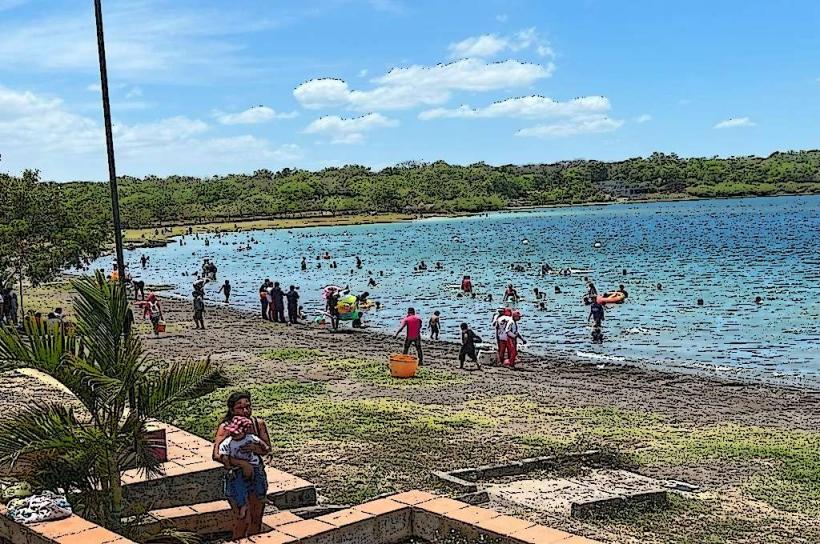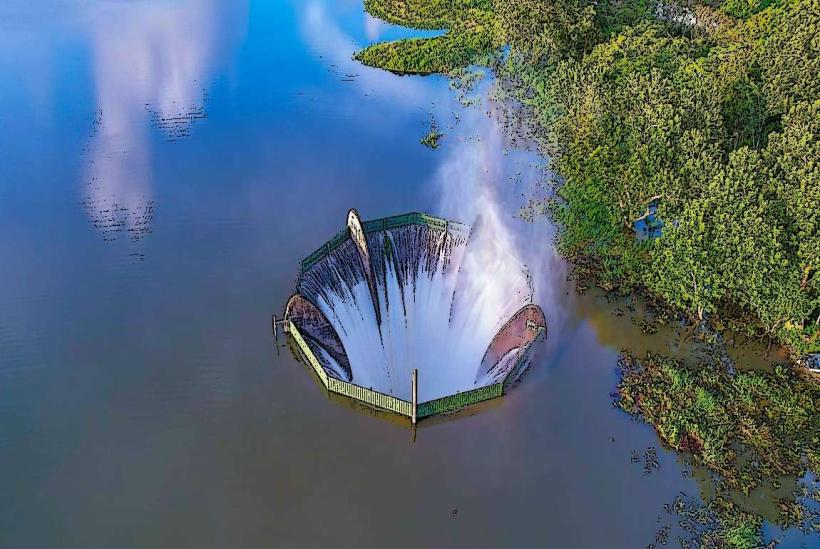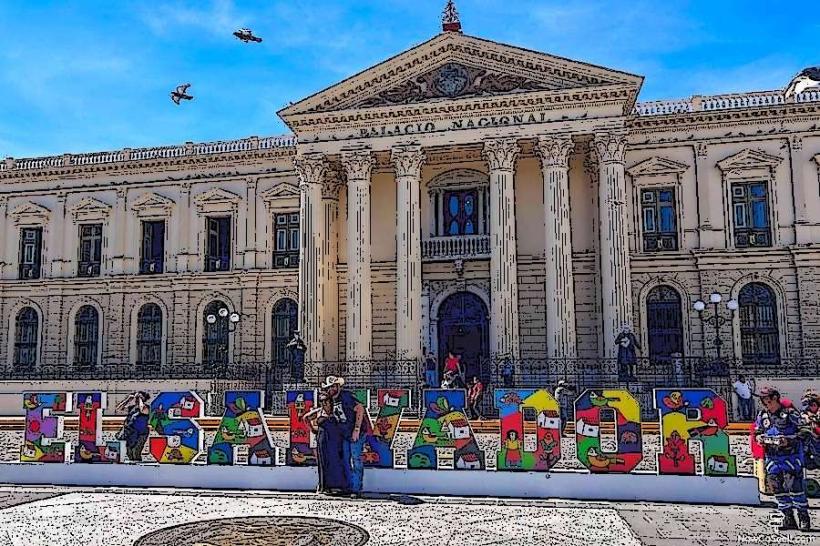Information
Country: El SalvadorContinent: North America
El Salvador, North America
El Salvador is the smallest and most densely populated country in Central America, bordered by Guatemala, Honduras, and the Pacific Ocean. Its economy is officially dollarized and was the first in the world to adopt Bitcoin as legal tender; the capital city is San Salvador.
Visa & Entry Policy
EU and UK passport holders are granted visa-free entry for tourist stays of up to 90 days. US citizens also enter visa-free but must purchase a Tourist Card for $12 USD upon arrival at the airport or land border. Entry requires a passport valid for at least six months and proof of an onward or return ticket. El Salvador is part of the CA-4 Border Control Agreement; the 90-day stay limit is cumulative across El Salvador, Guatemala, Honduras, and Nicaragua.
Language & Communication
Spanish is the official language. English proficiency is moderate in San Salvador and major tourist hubs like El Tunco (La Libertad) and Santa Ana, but low in rural areas. Local Spanish is characterized by voseo (using vos instead of tú).
Currency & Payment Systems
El Salvador uses the US Dollar (USD) as its primary currency. Since 2021, Bitcoin has also been legal tender. As of January 2026, Bitcoin adoption remains uneven; while larger businesses and tourism-focused establishments accept it via the Chivo Wallet or other Lightning Network apps, cash (USD) remains the dominant medium for daily transactions, local markets, and public transport. Credit cards (Visa/Mastercard) are standard in urban retail and hospitality.
National Transport Grid
Inter-city travel is primarily handled by an extensive network of "chicken buses" and more comfortable private shuttle services for tourists. There is no active passenger rail system; the Train of the Pacific project remains in the early phases of infrastructure development as of 2026. Urban transit in San Salvador includes the SITRAMSS (Bus Rapid Transit) system. Ride-sharing apps like Uber and InDriver are operational and widely used in the capital.
Digital Infrastructure
Primary mobile network providers are Tigo, Claro, Movistar, and Digicel. As of early 2026, 5G coverage is active in San Salvador and surrounding metropolitan areas, reaching approximately 40% of the population. 4G/LTE is robust along the main coastal and pan-american highways. Prepaid SIM cards are inexpensive ($1–$10 USD) and available at San Salvador International Airport (SAL) and urban convenience stores.
Climate & Seasonality
The climate is tropical with two distinct seasons. The dry season (Verano) runs from November to April, offering the best conditions for surfing and hiking. The wet season (Invierno) spans from May to October, with the heaviest rains typically occurring in September and October. The coastal lowlands are hot and humid, while the central plateaus and mountains offer a more temperate climate.
Health & Safety
A State of Exception has been in effect since March 2022 and remains active as of January 2026; while this has significantly reduced gang-related homicide rates to historic lows, it involves a heavy military presence and increased police powers. No mandatory vaccines are required unless arriving from a Yellow Fever endemic country. Tap water is not potable; bottled water is required. The emergency number for all services (Police, Fire, Ambulance) is 911.
Top 3 Major Regions & Cities
San Salvador: Political and financial hub (San Benito/Escalón districts).
La Libertad: Hub: El Tunco and El Zonte ("Bitcoin Beach") for world-class surfing.
Santa Ana: Gateway to the "Ruta de las Flores" and the Santa Ana Volcano trek.
Local Cost Index
1L Water: $0.85 USD
1 Domestic Beer (0.5L): $1.50 USD
1 SIM Card (10GB Data): $10.00 USD
Facts & Legends
El Salvador is known as the "Land of Volcanoes," with over 20 recognized volcanoes, several of which are active. Local folklore includes the legend of "El Cipitío," a small, pot-bellied boy with backward feet who eats ashes and plays tricks on travelers. Another prominent figure is "La Siguanaba," a beautiful woman who transforms into a terrifying creature to punish unfaithful men. Historically, the country is home to Joya de Cerén, a UNESCO World Heritage site known as the "Pompeii of the Americas," where a Mayan village was preserved under layers of volcanic ash.

